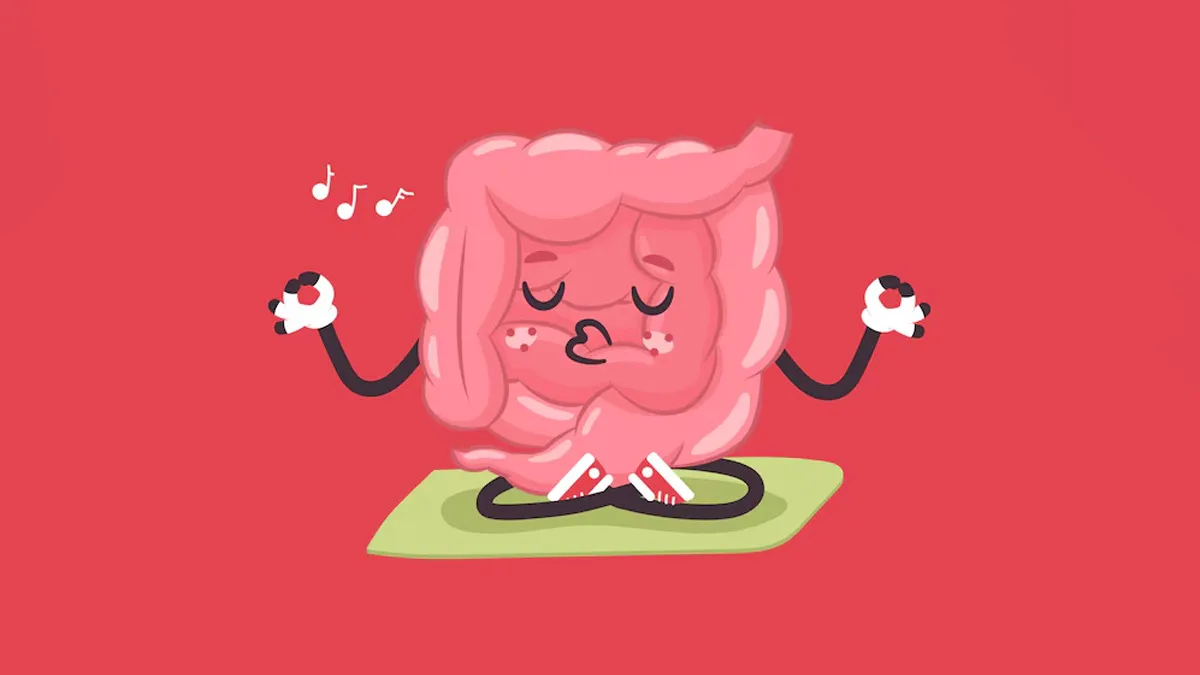
Gut Health And Depression: Are They More Connected Than You Think? Psychiatrist Weighs In
In recent years, the connection between gut health and mental well-being has garnered significant attention in the medical community. Emerging research suggests that the gut-brain axis, a complex communication network linking the gut and the brain, plays a crucial role in influencing our mood and mental health. But what is the science behind this connection, and how can we harness this knowledge to improve our mental well-being? Dr Gorav Gupta, CEO & Senior Psychiatrist, Tulsi Healthcare, Gurugram and Dr Geeta Shroff, Co-founder, Lighthouse Counselling Centre, New Delhi shared about the co-relation between gut and mental health.
The Gut-Brain Axis: A Two-Way Street
Dr Gorav Gupta said, “The gut-brain axis is a bidirectional communication system involving the central nervous system (CNS) and the enteric nervous system (ENS), often referred to as the “second brain.” This intricate network allows the gut and brain to send signals back and forth, influencing each other profoundly.”
He highlighted that one of the key players in this communication system is the microbiota, the vast community of trillions of bacteria residing in our intestines. These microorganisms are not just passive inhabitants; they actively interact with the nervous system, producing neurotransmitters such as serotonin, dopamine, and gamma-aminobutyric acid (GABA), all of which are critical for regulating mood.

Microbiota And Mental Health
According to Dr Gupta, several studies have shown that an imbalance in gut bacteria, known as dysbiosis, can contribute to mental health disorders, including depression and anxiety. For instance, individuals with depression often exhibit altered gut microbiota composition compared to healthy individuals. These changes can affect the production of neurotransmitters and lead to inflammation, both of which are implicated in the development of depressive symptoms.
1
2
3
4
He mentioned that a study published in the journal Psychiatry Research found that patients with major depressive disorder had significantly lower levels of certain beneficial bacteria, such as Lactobacillus and Bifidobacterium, compared to non-depressed individuals.
Another study in Nature Microbiology revealed that transplanting gut bacteria from depressed individuals into healthy rodents induced depressive-like behaviours in the animals, further highlighting the powerful influence of gut microbiota on mood.
Inflammation: The Common Link
Dr Gupta highlighted that chronic inflammation is a common factor linking gut health and depression. He stated, "Dysbiosis can lead to increased intestinal permeability, often referred to as “leaky gut,” allowing bacteria and toxins to enter the bloodstream. This triggers an immune response and promotes systemic inflammation, which can affect the brain and contribute to depressive symptoms."
He stated that inflammation has been shown to reduce the availability of serotonin, a key neurotransmitter in mood regulation, and increase the production of pro-inflammatory cytokines, which can disrupt normal brain function. Thus, managing gut health and reducing inflammation could be essential strategies for alleviating depression.
Diet And Lifestyle: Keys To A Healthy Gut
Improving gut health can have a positive impact on mental well-being. Here are some evidence-based strategies to support a healthy gut:
Probiotics And Prebiotics
Dr Gupta recommends consuming foods rich in probiotics (beneficial bacteria) such as yoghurt, kefir, and fermented vegetables, as well as prebiotics (fibres that feed beneficial bacteria) found in fruits, vegetables, and whole grains, which can help maintain a balanced gut microbiota.
Balanced Diet
Dr Gupta also suggests a diet high in fibre, lean proteins, and healthy fats, and low in processed foods and sugars can support gut health and reduce inflammation.
Don't Miss: Does Gut Bacteria Affect Cholesterol Levels? Nutritionist Shares If They Are Related, Tips To Deal, And More

Regular Exercise
According to Dr Gupta, physical activity has been shown to positively influence gut bacteria and reduce inflammation, contributing to improved mental health.
Stress Management
Chronic stress can disrupt gut microbiota and increase intestinal permeability. Dr Gupta advises techniques such as mindfulness, meditation, and yoga to manage stress levels.
Adequate Sleep
According to Dr Gupta, quality sleep is essential for maintaining a healthy gut-brain axis. Poor sleep can negatively impact gut health and contribute to inflammation.

Don't Miss: 4 Reasons You Are Gaining Weight Despite Exercising and Dieting
Follow the tips to maintain your gut health and mental health.
Image Courtesy: Freepik
Also watch this video
Herzindagi video
1
2
3
4